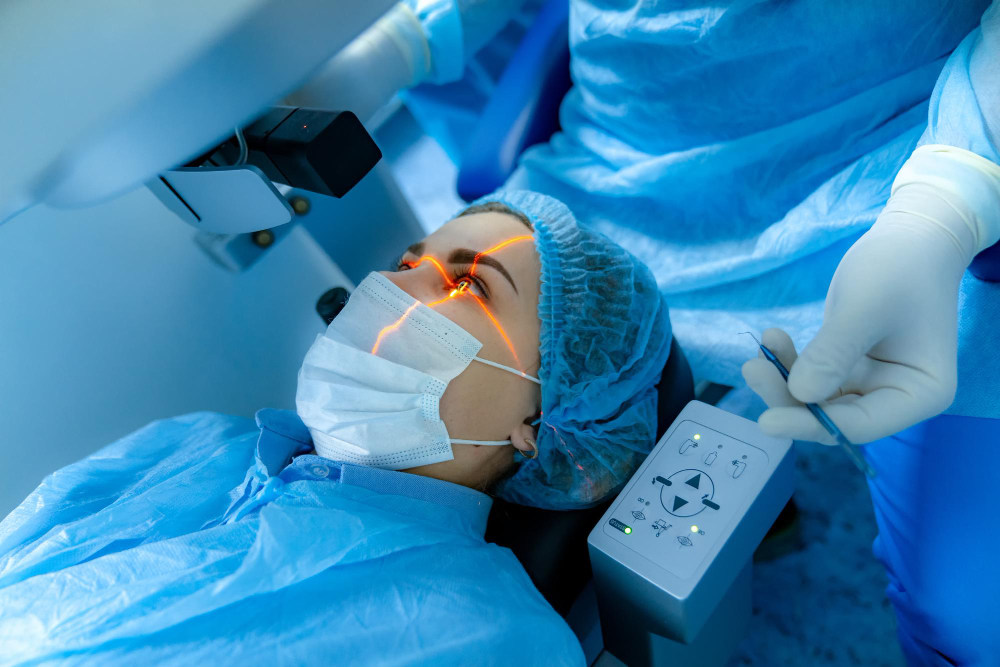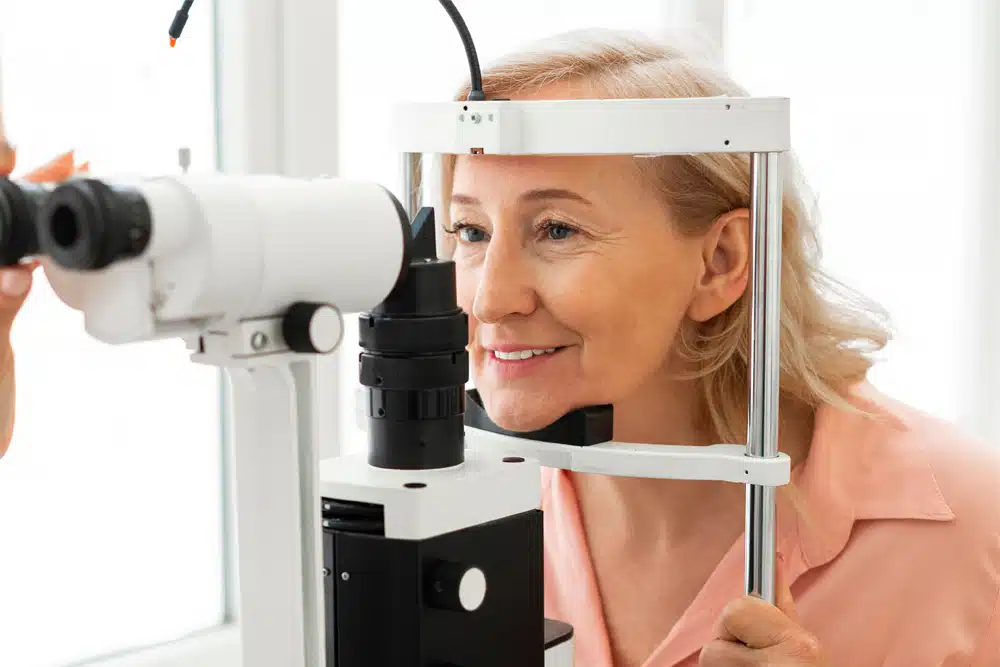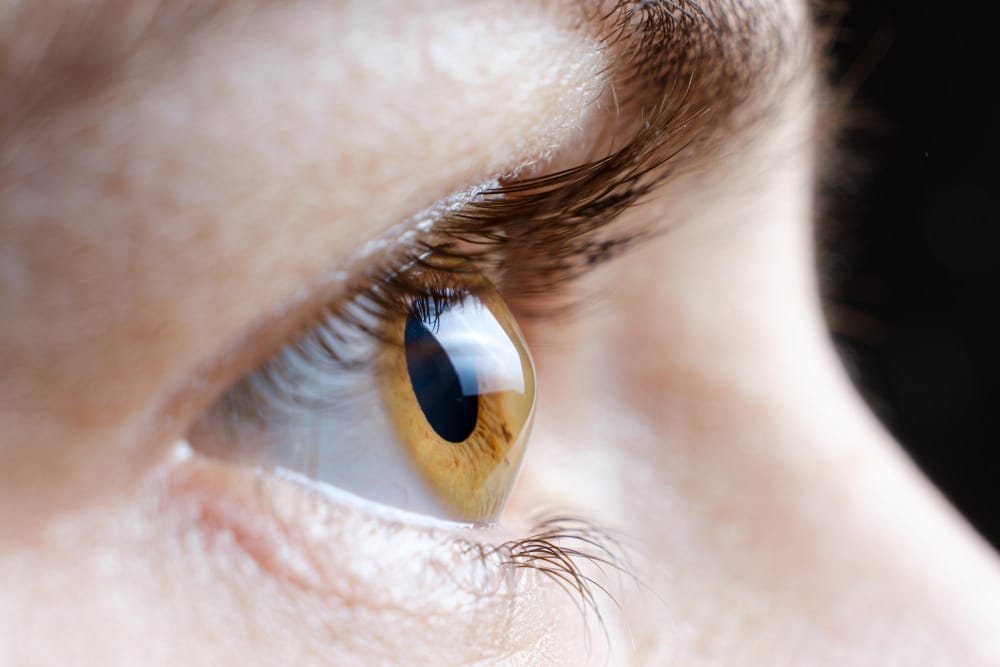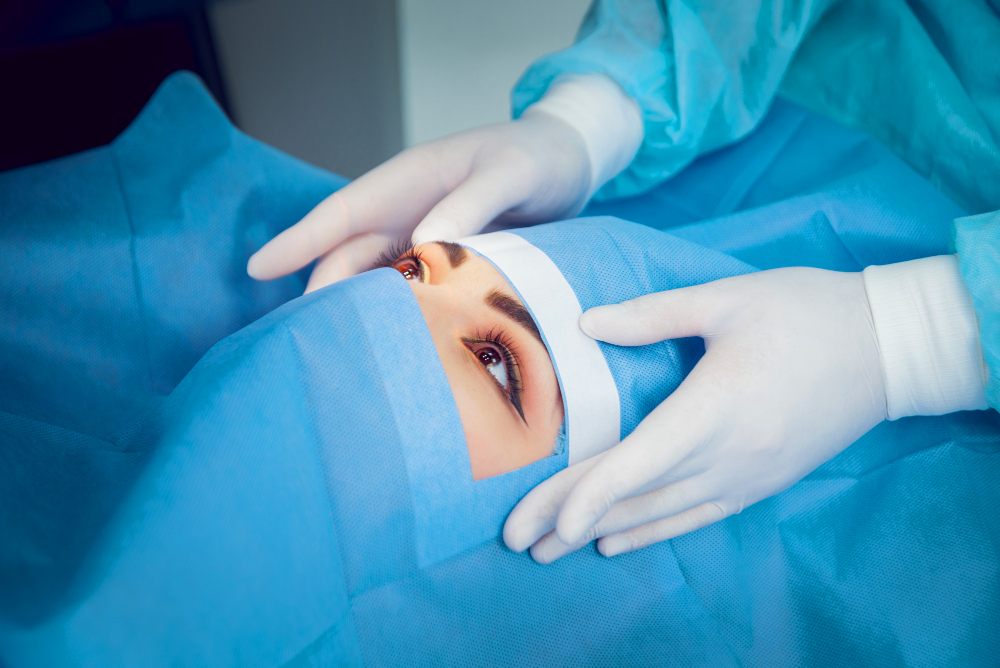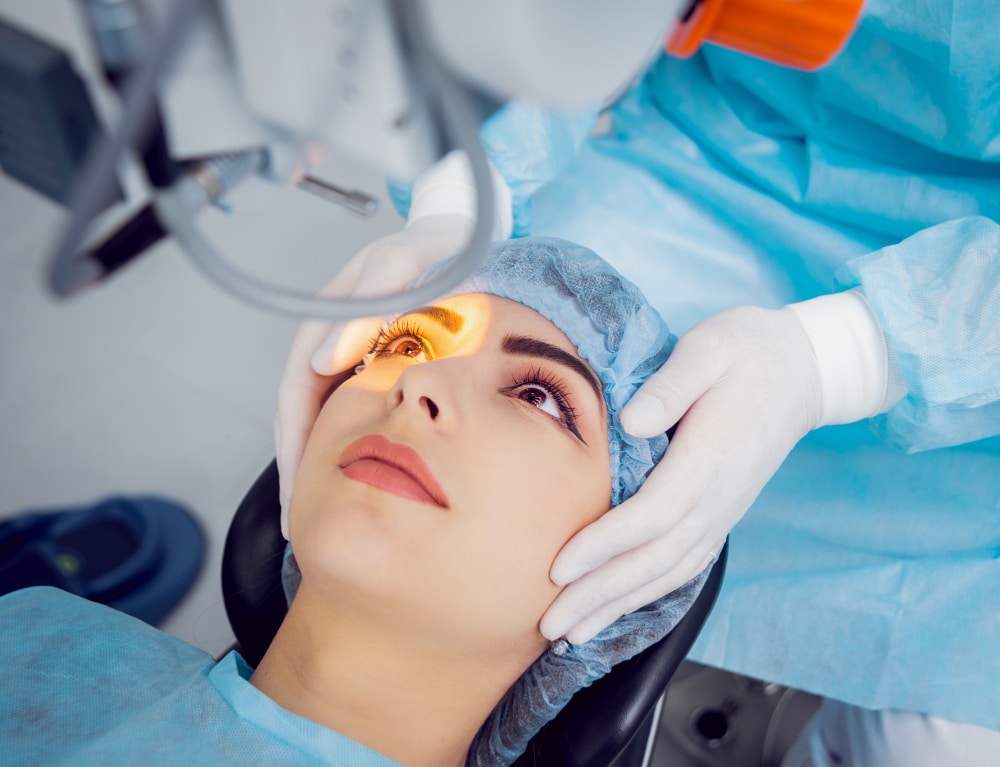Unleashing the Power of Precision with Cutting-Edge Laser Eye Surgery


Our Treatment
Keratoconus
See the world as it's meant to be seen
Achieve 20:20 vision or better
Meet our Lead Dr. CT Pillai
Dr. CT Pillai is a globally recognised ophthalmologist with over 30 years of experience, specialising in refractive surgery and general ophthalmology.
Dr. CT Pillai, renowned for performing over 50,000 successful laser procedures, has solidified his position as a trusted leader in the field through his commitment to innovation, patient care, and surgical excellence. His dedication to advancing the field is evident through his extensive contributions to scientific journals and international conferences.
Moreover, driven by a patient-centric approach, Dr. CT Pillai actively engages in research, with numerous publications in prestigious journals. Patients consistently place their trust in him, benefiting from his exceptional surgical skills and comprehensive approach to eye health.

Years of surgical experience and is at the forefront of the development of the ophthalmic field.
LASIK, LASEK, and PRK procedures, Dr. CT Pillai is renowned as one of the most experienced in the field of laser eye surgery.
Why Patients Choose Precision Vision London
We are an independent, surgeon-led practice located in Harley Street, the “clinical heart” of London. Our laser surgeon was one of the first in the UK to preform bilateral laser surgery and ever since has been at the forefront of advancing the field of vision correction.
At Precision Vision London, we bring unparalleled expertise to ophthalmic care. Our world-renowned surgeon is committed to delivering superior vision treatments, guided by a lifelong dedication to excellence in eye care.
Exclusive use of only the most advanced and safest technology in the field. All available treatments are highly specialised and personalised for each eye.
Experience personalised, top-tier care from our elite Harley Street clinic. Your comfort and satisfaction are paramount, with our treatment package including one year of ongoing eye care and patient education.
Personalised care for diverse eye conditions, from cataracts to full visual correction. Rigorous clinical trials guarantee unparalleled results tailored to each patient.
Selecting our clinic ensures that you will have exclusive access to the foremost independent optometric network globally. This guarantees top-tier advice, care, treatment, and aftercare options unavailable elsewhere in any other eye clinic.
See the world as it's meant to be seen
Achieve 20:20 vision or better
Most Trusted Vision Correction Eye Surgery Clinic in London
During your comprehensive consultation, we assess your suitability and tailor a personalised treatment plan. This unique approach combined with Precision Vision’s world-renowned surgical expertise and exclusive use of cutting-edge technology ensures top-tier results. Our commitment includes a 1 year Care Guarantee.
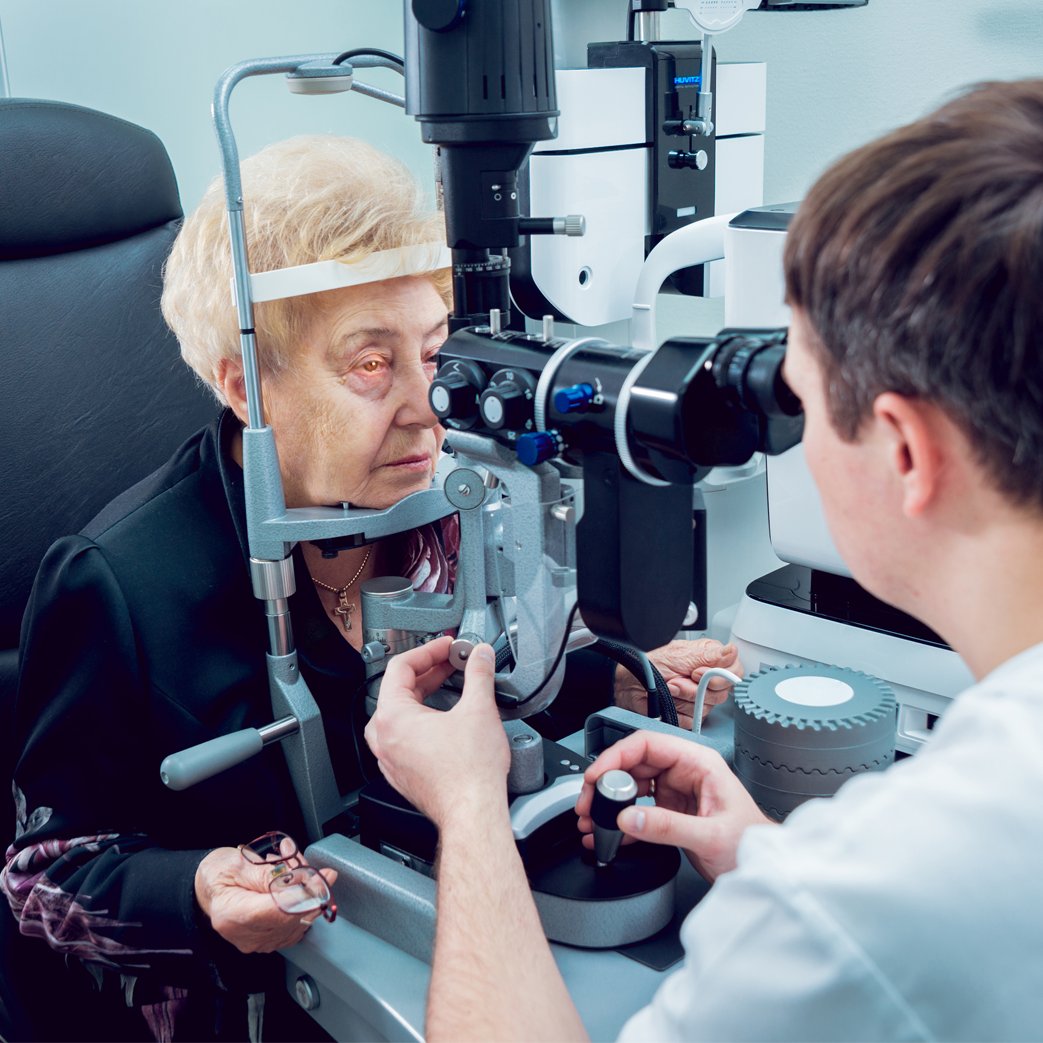
Recommended by Leading Insurance Providers







Book an Eye Care Appointment Today
Cataract Surgery
Regain clarity and improve your vision with cataract surgery – schedule a consultation for brighter, sharper eyesight.
Lasik Treatment
Experience visual freedom with LASIK: A quick, outpatient laser eye surgery that corrects refractive errors for clear, glasses-free vision.
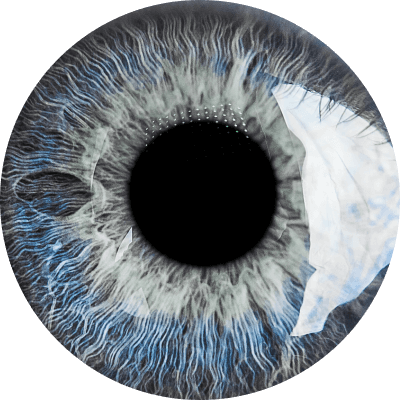
Laser Eye Surgery
Laser eye surgery, a cutting-edge procedure, reshapes the cornea for enhanced vision, freeing you from the constraints of glasses and contact lenses.
Lens Replacement
Unlock clear, crisp vision with lens replacement surgery. Discover how this procedure can enhance your quality of life & restore your vision with precision.
Eye Consultation
Interested in vision correction surgery, schedule your comprehensive eye consultation for personalised care and expert advice.
Awards & Reviews

Our Clinic Location
Visit us at our state-of-the-art clinic on Harley Street, London, where exceptional eye care meets unparalleled expertise.

